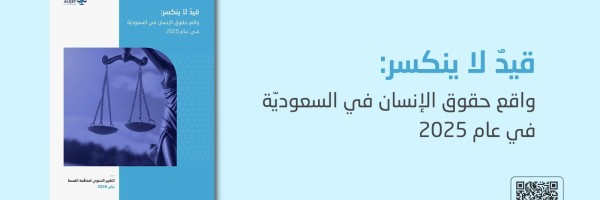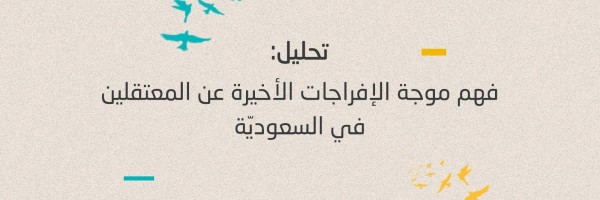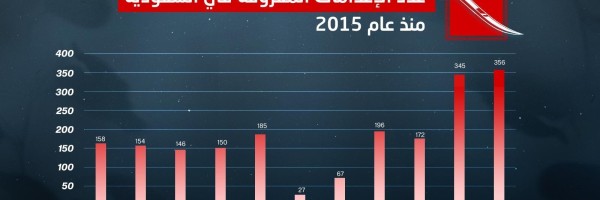The Public Prosecution in Saudi Arabia is calling for the death penalty for 18-year-old Murtaja Abdullah Qureiris (born 22 October 2000). The authorities say he is charged, among other things, with making and throwing Molotov cocktails; conspiring to injure soldiers and set a vehicle on fire; taking part in demonstrations and the funeral procession of his brother Ali Qureiris, who was killed during the 2011 demonstrations; and carrying a megaphone on one such demonstration, shouting “death to the Al Saud” and other slogans that the authorities described as anti-state.
The Saudi authorities arrested Murtaja on 21 September 2014, when he was just under 14 years old, on the King Fahd causeway linking Saudi Arabia with Bahrain. The Public Prosecution clearly stated that some of the acts with which he was being charged took place when Murtaja was 11, and all of them when he was between the ages of 11 and 14, but then said “he had attained the age of criminal responsibility when he did these things”.
Murtaja was tortured to make him admit to the actions attributed to him. The Prosecution also used the confessions of others against Murtaja, again extracted under torture. Murtaja was treated harshly despite being only a child when he was placed in a juvenile supervision centre, and he was transferred to a general prison even before he was 18. The Prosecution has not accused Murtaja of murder, and there is no mention of murder among the charges brought against him. Yet the Public Prosecutor has nevertheless called for him to be executed as the Sharia penalty (hadd) for “corruption on earth” or, if the court does not agree to this penalty, for it to execute him anyway at the personal discretion of the judge (ta’zir).
ALQST maintains that the Public Prosecutor’s call for Murtaja’s execution, together with the abuse to which he was subjected, clearly demonstrates the Saudi authorities’ eagerness to apply the death penalty, their disregard for the rights of the child, their failure to distinguish between peaceful and violent actions, and the politicised and vindictive sentences handed down by the courts against the regime’s opponents, even when they are minors.
The call for Murtaja’s execution likewise illustrates the way they fraudulently distort Sharia law, claiming that an 11-year-old child has reached the age of criminal responsibility. The aim is to wrap political murder in Sharia trappings in order to deceive Saudi society and the international community, and to disguise their repression under a socio-religious veneer.
The Public Prosecutor’s insistence on calling for Murtaja to be executed, whether as a hadd punishment or by discretion of the judge, underlines the Saudi authorities’ determination to execute their opponents, especially coming as it does just days after the mass execution of 37 individuals following unfair trials and mostly on the basis of statements extracted under torture. We recall too the previous mass execution, in similar circumstances, of 47 individuals on a single day right at the beginning of King Salman’s reign, and the fact that the Public Prosecutor is also calling for the execution of people such as prominent preachers Hassan Farhan al-Malki, Awad al-Qarni, Ali Hamza al-Umri and Salman al-Odeh. The Prosecutor’s latest call shows that its zeal to use the death penalty in this horrendous way extends even to children.
ALQST calls for pressure on the Saudi authorities to halt the trial of Murtaja Qureiris, drop all charges against him, and investigate the violations of his rights while in detention. If he does eventually receive a fair trial, it should take into account his age and the circumstances of his arrest. ALQST also renews its call for the Saudi authorities to be prevented from using the death penalty as a means to eliminate dissidents, threaten activists, and even take revenge on innocent people, none of whom are given trials that meet international fair trial standards. The death penalty is thus becoming a further instrument of abuse in the hands of the authorities, one that is irreversible and in the case of error irrevocable.




